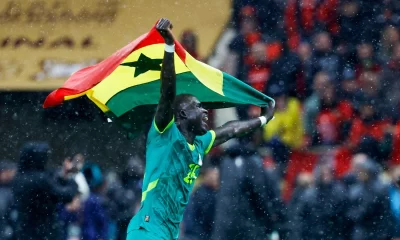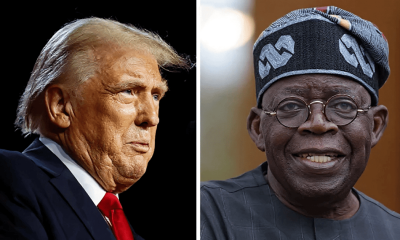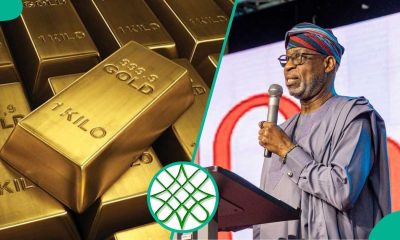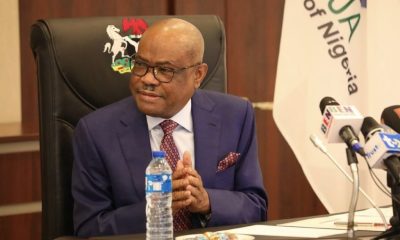The ongoing dispute between Dangote Refinery and Pinnacle Oil & Gas Ltd has intensified, with both companies trading accusations and counterclaims regarding the future of Nigeria’s oil sector.
The conflict began on November 5, 2024, when Dangote Refinery raised concerns about Pinnacle Oil’s decision to lease its tank farm to an entity that does not currently operate retail outlets in Nigeria.
The refinery expressed particular alarm over the proximity of the tank farm to its own operations, suggesting that this move could be part of a broader strategy to undermine Nigeria’s refining capacity.
This move, Dangote said, echoed the difficulties that have long plagued other refineries in the country, such as those in Port Harcourt, Warri, and Kaduna, which have faced a mix of underperformance and operational challenges.
Furthermore, Dangote warned that such actions could enable the blending of substandard or off-spec products, masked under the guise of deregulation.
READ ALSO: Dangote Refinery, fuel marketers standoff sparks consumer price fears
The company urged that Pinnacle should not be allowed to exploit regulatory gaps for questionable activities that could harm Nigeria’s burgeoning refining industry.
However, Pinnacle Oil & Gas Ltd fired back with a strong rebuttal in a statement issued late on Wednesday, November 6, 2024. The oil company sought to clarify that it does not view Dangote Refinery as a competitor but as a potential partner in Nigeria’s long-term vision of becoming a global petroleum hub.
According to Pinnacle, this vision includes not only serving the Nigerian market but positioning the country to rival established global petroleum hubs.
In response to the allegations of blending substandard products, Pinnacle firmly denied any wrongdoing. The company reiterated that Nigeria has well-established standards for petroleum products, both imported and locally refined, and that there are capable regulatory bodies tasked with enforcing these standards. Pinnacle emphasized that its operations are fully compliant with these regulations, and that its facilities have always been open to regulatory oversight and inspection.
In its statement, Pinnacle went on to provide a detailed defense of its Lekki Terminal, which is central to the dispute. The company clarified that the terminal, which has been in operation since 2021, is a storage and logistics facility, not a refinery.
READ ALSO: Dangote Refinery urges IPMAN direct registration amid N40bn NNPCL dispute
The terminal is equipped with over 1 billion liters of storage capacity, with 300 million liters already operational. It connects to offshore Single Point Mooring (SPM) and Conventional Buoy Mooring (CBM) facilities via a network of over 40km of deep-sea pipelines, allowing it to both receive and export refined products.
Pinnacle emphasized that the terminal complements rather than competes with refineries by providing essential storage and distribution options for refined products.
This, according to the company, helps to alleviate logistical challenges, such as long truck queues at refineries, by offering more efficient and cost-effective options for product dispatch.
Pinnacle also pointed out that its facility allows for the transport of products to inland markets such as Warri, Port Harcourt, and Calabar via sea, thus reducing the significant costs associated with overland transport.
The company further highlighted the agreement it signed with Dangote Refinery in 2022 to build a pipeline that would interconnect their operations and facilitate the distribution of Dangote’s products across the country.
Pinnacle noted that the agreement is still in place, and that there have been no indications from Dangote that the project would be altered or abandoned.
Pinnacle took care to point out that its business model is not unique to Nigeria, citing successful petroleum hubs in Rotterdam, Antwerp, and Ulsan (South Korea), where multiple refineries and terminals operate together. Pinnacle believes that the Lekki hub could benefit from similar collaboration, with the possibility of establishing multiple terminals and refineries in the future.
READ ALSO: Oil prices fall as Iran tensions ease, Yen weakens
Addressing Dangote’s accusations about blending off-spec products, Pinnacle was unequivocal in its defense.
“We reject the allegation in its entirety,” the statement said. The company underscored that Nigeria’s regulatory authorities, such as the Department of Petroleum Resources (DPR) and the Standards Organisation of Nigeria (SON), have clear and enforced standards for all petroleum products.
Pinnacle assured stakeholders that its operations fully comply with these standards and that its facilities are subject to regular inspections by these regulatory bodies.
While the dispute between the two companies remains unresolved, it is clear that both are deeply invested in Nigeria’s future as a major player in the global petroleum industry.
Whether this conflict will lead to further collaboration or deeper division remains to be seen, but the stakes are undoubtedly high for the future of Nigeria’s refining and distribution sector.

 Health3 days ago
Health3 days ago
 Football7 days ago
Football7 days ago
 Crime1 week ago
Crime1 week ago
 Football1 week ago
Football1 week ago
 Business6 days ago
Business6 days ago
 Business7 days ago
Business7 days ago
 Business1 week ago
Business1 week ago
 News7 days ago
News7 days ago

